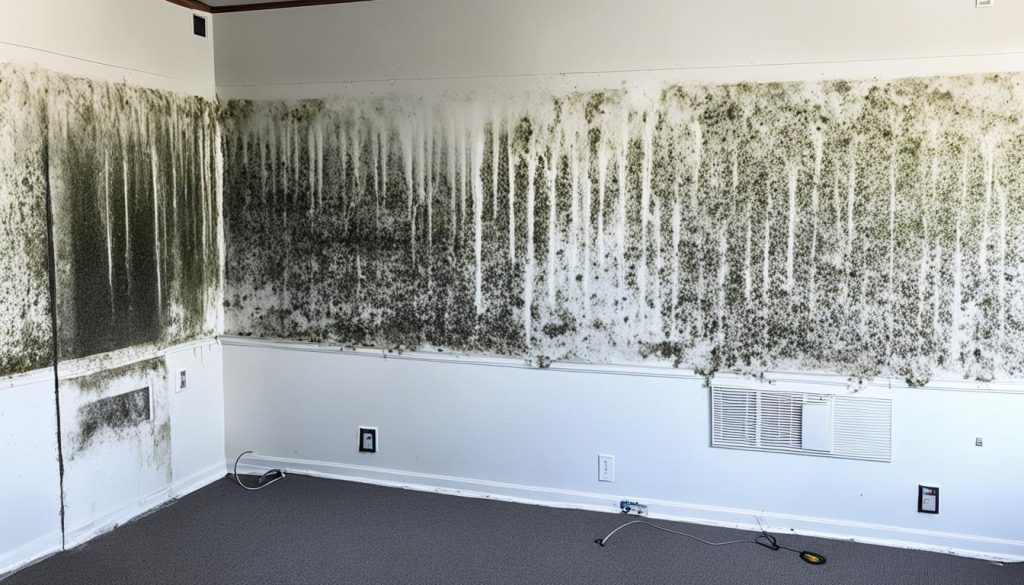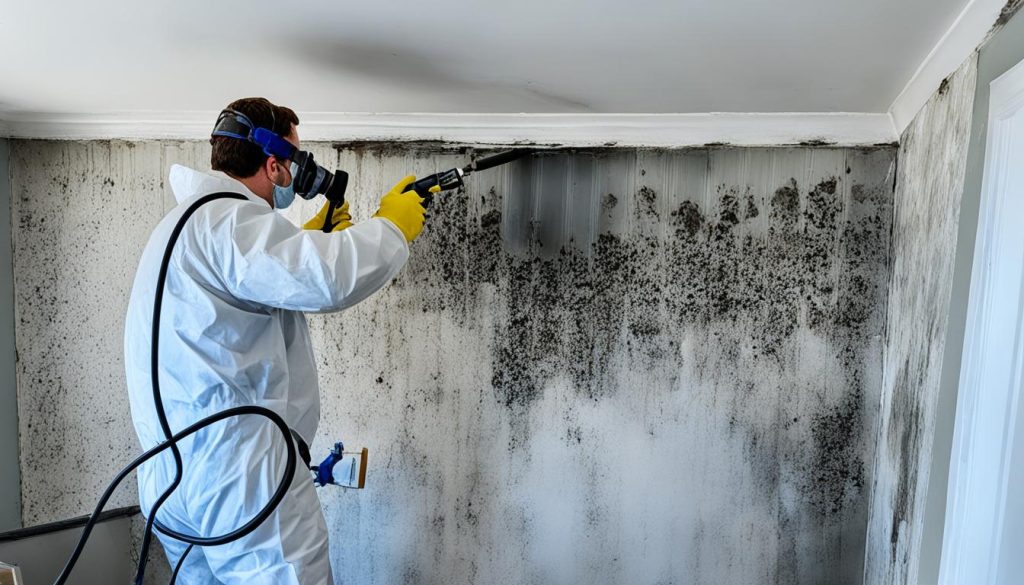Mold in your rental? What Now? If you’re a tenant or landlord dealing with black mold or air quality concerns, understanding your rights and responsibilities is crucial. As a mold expert with extensive experience, I’ve seen firsthand how these issues can impact both parties involved. Whether you’re renting or managing a rental property, here’s a comprehensive guide on what to do if you discover black mold in your rental or apartment.
Array of Solutions, a trusted name in mold removal in Greenville South Carolina since 2007, stands ready to tackle your mold woes. With our expert mold inspection Greenville services and EPA-Registered credentials, we’re equipped to detect, remove, and prevent mold growth in your home or business.
Table of Contents
Understanding Your Rights and Responsibilities
For Tenants:
- Know Your Rights: Tenants have specific rights when it comes to living in a safe and healthy environment. If you suspect black mold or poor air quality, you have the right to request an inspection and remediation. Most rental agreements and state laws mandate that landlords maintain their properties in a habitable condition.
- Document the Issue: Before reaching out to your landlord, document the problem thoroughly. Take clear photos of any visible mold, note any related symptoms you or your family members are experiencing, and keep a record of communications with your landlord about the issue.
- Notify Your Landlord: Inform your landlord in writing about the mold problem. Be specific about the location and extent of the mold, and request prompt action. Provide a reasonable timeframe for a response, keeping in mind that urgency might vary based on the severity of the mold.
For Landlords:
- Understand Your Obligations: Landlords have a legal obligation to provide a safe living environment. This includes addressing mold issues promptly. Failure to do so can lead to legal repercussions and damage to your reputation.
- Act Quickly: Upon receiving a tenant’s complaint about mold, act swiftly to investigate and address the issue. Delaying action can lead to further health risks for your tenants and potential legal consequences.
- Hire a Professional: Engage a certified air quality expert to assess the situation. A professional can provide a comprehensive evaluation of the mold problem, identify the type of mold, and recommend appropriate remediation actions. This step is crucial to ensuring the problem is handled correctly and effectively.

Mold in your rental? What Now? : The Importance of Professional Assessment
Whether you’re a tenant or landlord, the first step in addressing black mold is to retain a professional, well-established air quality expert. The importance of this cannot be overstated. Here’s why:
- Accurate Assessment: An expert can accurately assess the extent of the mold issue. They will perform a detailed inspection to determine whether the mold is indeed black mold (Stachybotrys) or a less harmful type like Penicillium/Aspergillus. This assessment is critical as it helps in determining the appropriate level of intervention.
- Avoiding Unnecessary Costs: A professional can conduct preliminary assessments before deciding whether to take samples for laboratory testing. This approach helps in avoiding unnecessary costs and ensures that only the necessary tests are conducted.
- Safe Remediation: Different types of mold require different remediation strategies. By identifying the specific type of mold, professionals can recommend the most effective and safe methods for removal. This is akin to diagnosing a car problem before attempting repairs—understanding the issue fully ensures the right solution is applied.
Addressing Mold Concerns: Steps to Take
- Initial Inspection: Start with a thorough inspection to assess the mold’s extent and type. This can often be done on-site with minimal disruption and cost.
- Testing and Analysis: If initial inspections indicate a significant problem, proceed with detailed testing. Samples may be sent to an accredited mold lab for analysis to confirm the type and concentration of mold present.
- Remediation and Repair: Based on the findings, follow the recommended remediation steps. This may involve removing contaminated materials, fixing any water leaks or moisture problems, and improving ventilation to prevent future mold growth.
- Prevention: Implement measures to prevent future mold issues. This might include improving ventilation, maintaining humidity levels, and ensuring prompt repairs to any water damage.

Get Professional Help
If you’re facing mold issues in your rental or apartment, don’t hesitate to seek professional assistance. As a certified mold expert, I am here to help. You can contact me, Douglas R. Whitehead II, at 864-710-6413 for a comprehensive inspection and guidance on addressing mold problems effectively. For more information and resources, visit Array of Solutions and explore my blog series for additional insights.
